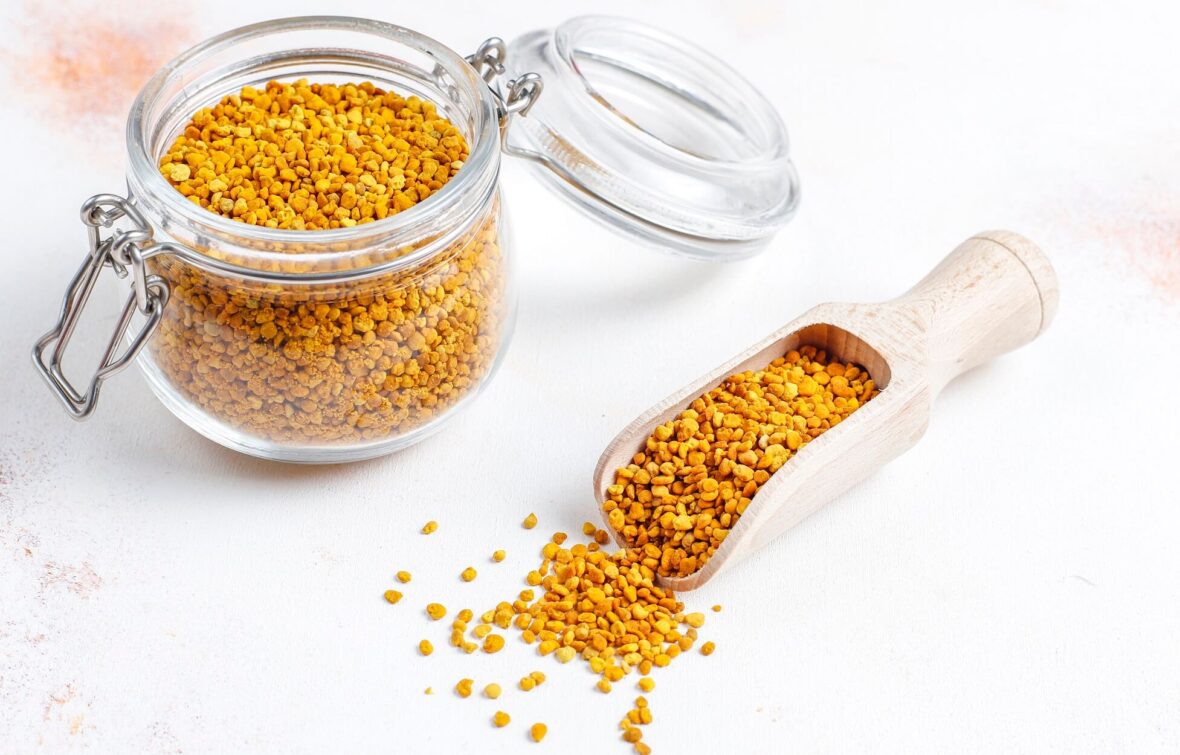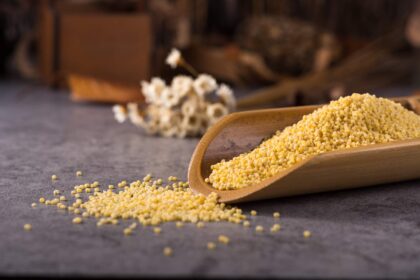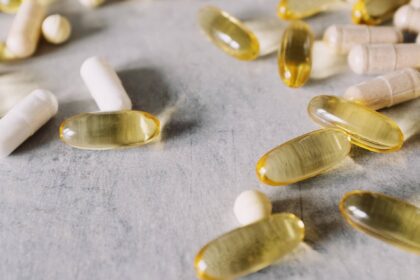Fenugreek is an herb with incredible health benefits, and has a lots of uses, like in Indian cuisine, but it’s not just for cooking. It’s also a plant with green leaves and white flowers, which are actually tiny seed pods with pungent, bitter tasting, yellow-brown seeds inside. It’s one of the best herbs for health and beauty, and it’s often used in curries in Turkey, Persia, Egypt, and India.
This article review all about you need to know about fenugreek, including its benefits, side effects, and uses.
What is Fenugreek– An herb with incredible health benefits?
Fenugreek is an amazing herb with lots of uses and health benefits. It’s a plant with green leaves and white flowers, plus small golden-brown pods that contain seeds. It’s been used in traditional and Chinese medicine for centuries to treat skin issues and other ailments. Plus, it’s a popular spice in homes, and you can find it in products like soap and shampoos. It’s also used in Indian dishes for its nutty flavor and nutritional value.
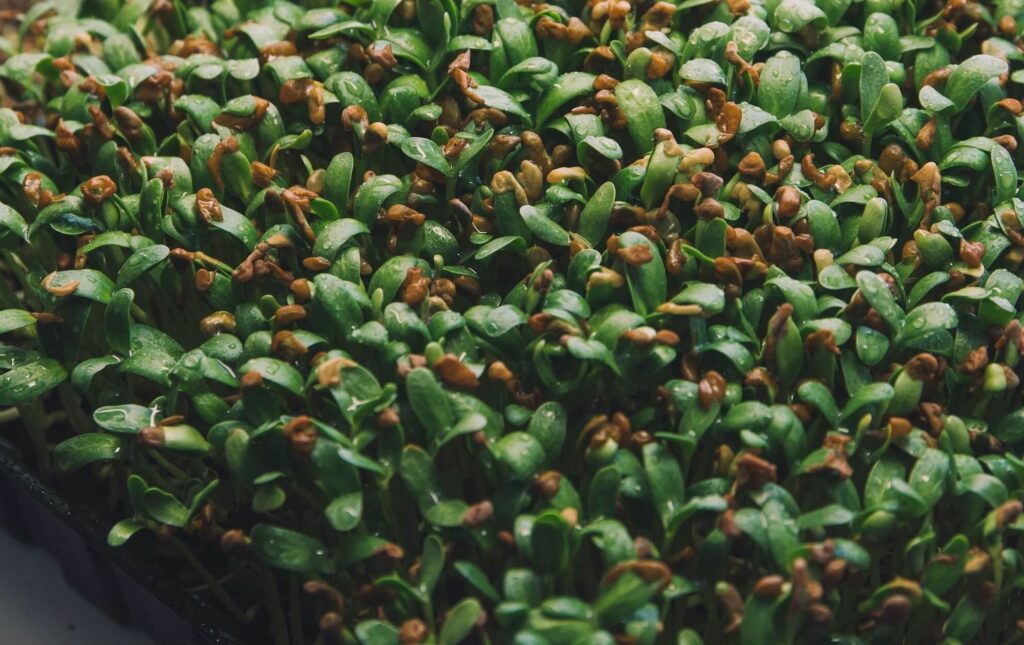
What is nutritional properties of fenugreek seeds?
Fenugreek is a great source of fiber and other nutrients that are essential for healthy growth. It’s also packed with a bunch of phytochemicals like alkaloids, carbs, acids, minerals, and steroids. Plus, it’s packed with antioxidants, so it’s a great antioxidant. Some of the nutrients you can get from fenugreek are choline and inositol, as well as vitamins A & D and B vitamins, iron, and fiber that can be both soluble and insoluble. The main nutritional values for fenugreek include carbohydrates (58%), proteins (23-26%), fats (0.9%), and fibers (25%).
Fenugreek – An herb with incredible health benefits, how it helps?
Fenugreek seeds help in relieving various ailments. Here are few incredible benefits of fenugreek seeds:
1. Improve weight loss:
Maintaining a consistent diet on an empty stomach can have a positive effect on one’s metabolism, which can ultimately lead to weight reduction. Fenugreek extract powder may also produce a feeling of satiety, which can help to reduce calorie intake and suppress appetite, potentially aiding in the reduction of overeating and weight loss. Mucilaginous (galactomannan) fiber, found in the seeds, is responsible for the body’s high fiber content, which has been shown to reduce glucose absorption, produce a sensation of satiety, and regulate bowel movements.
Furthermore, the presence of 4-Hydroxy Isoleucine in extract powders has been shown to lower blood glucose levels and stimulate insulin secretion, thus leading to a healthier metabolism and ultimately weight loss.
2. Reduce inflammatory:
This Fenugreek seed has amazing anti-inflammatory properties, which can help ease pain, reduce swelling, heal wounds, and help fight off chronic inflammatory conditions like asthma. It’s a natural compound that blocks certain enzymes that cause inflammation, and it also helps boost your immune system.
3. Improve digestion:
If you’re dealing with heartburn, stomach issues, indigness, or flatulence, Fenugreek seeds could be the answer. It can also help with hyper-acidity and other digestive issues. To get the most out of it, just add a bit of ginger to the paste and eat one teaspoon before meals. Most importantly, it helps flush out toxins that can cause harm, and it can also improve your bowel movements.
4. Antidiabetic Effects:
Fenugreek can help with metabolic conditions like diabetes. Its high fiber content in the powder or seeds may also be beneficial for blood sugar regulation, even in non-diabetics. In some studies, 10% of refined wheat flour used in buns or flatbreads was found to expressively lower blood sugar after eating in non-diabetic people. Because of its low glucose content, it is safe and healthy to eat for diabetes. It is also a soluble fiber, which helps to slow down the breakdown of carbohydrates in your body, which helps to maintain glucose balance. It can be used as seed water or simply soaked seeds to control your blood sugar levels.
5. Makes your hair healthy:
Fenugreek seed is used as a natural remedy for hair loss or hair growth. It is also used for prevention and treatment of dandruff. Fenugreek seed contains proteins, nicotinic acid, which helps to strengthen the hair roots and rebuild the damaged hair follicle. The seeds also contain lecithin which is a slippery substance produced by the soaked seeds. Lecithin gives your hair shine. Fenugreek has few medicinal properties which help your hair to retain its pigment, which delays the aging of gray hair.

6. Pain-relieving Effects:
Fenugreek is an effective remedy for pain and cramps, as it contains anti-inflammatory properties due to its alkaloid structure. Daily consumption of either soaked or powdered fenugreek can help to reduce the symptoms of menstrual cramps, as well as fatigue, nausea, and other associated issues.
7. Get radiant and acne-free skin:
Fenugreek contains a compound called Diosgenin which has anti-bacterial, anti-inflammatory, and anti-oxidant properties. These properties help the skin to fight acne. Fenugreek seeds also break down free radicles in the body which causes wrinkles, dark spots and infections. Fenugreek sprouted seeds are packed with antioxidants that help to slow down the aging process and keep your skin moisturized.
8. Reduce the risk of heart and blood pressure conditions:
The fiber content of Fenugreek seeds is high, which may help to control cholesterol levels and lower blood pressure. Fenugreek seeds can also reduce your risk of heart disease and improve your heart health. Dietary fiber is very difficult to break down, forming a gel in the gut that makes it harder to break down sugars and fats.
9. Controls cholesterol levels:
Since Fenugreek seeds contain flavonoids, so that they helps in lower the bad cholesterol or LDL and triglyceride levels in our bodies. Moreover, they improve your heart health. So, soaked fenugreek seeds amazingly reduce high cholesterol levels.
10. Improve breastmilk production and flow:
The consumption of Fenugreek seeds has been found to be beneficial for new mothers, as it is known to increase milk production and facilitate the flow of milk. This is due to its phytosanitary properties, which promote the growth of milk during lactation. It is widely accepted that breast milk is the most effective source of nourishment for a baby’s growth and development. Furthermore, research has suggested that Fenugreek tea may be a natural and safe alternative to breastfeeding, thus increasing the production of breast milk and aiding in the weight gain of infants.
11. Anticarcinogenic Effects:
Fenugreek is a great source of antioxidants, which can help protect your body from free radicals. Free radicals can cause DNA damage, mutation, and even cancer, so it’s important to make sure you’re taking the right amount of fenugreek. Fenugreek seeds can also help fight against certain types of cancer, like breast cancer, skin cancer, gastrointestinal tract cancer, leukemia, lung cancer, and prostate cancer. Plus, it’s a great source of progesterone and cortisone hormones, which can help slow down the growth of cancer cells and prevent them from growing.
12. Effects on testosterone levels in men:
Lots of studies have shown that fenugreek seeds can help boost your libido and testosterone levels. Not only that, but they can also help you lose weight without compromising your muscle strength. Taking a supplement with fenugreek extract, magnesium, zinc and B6 can help you get stronger and make you more sexually active. Eating fenugreek regularly can also help increase sperm count, mental alertness and mood. Plus, it can help boost your sex drive and stamina by increasing testosterone and estrogen levels.
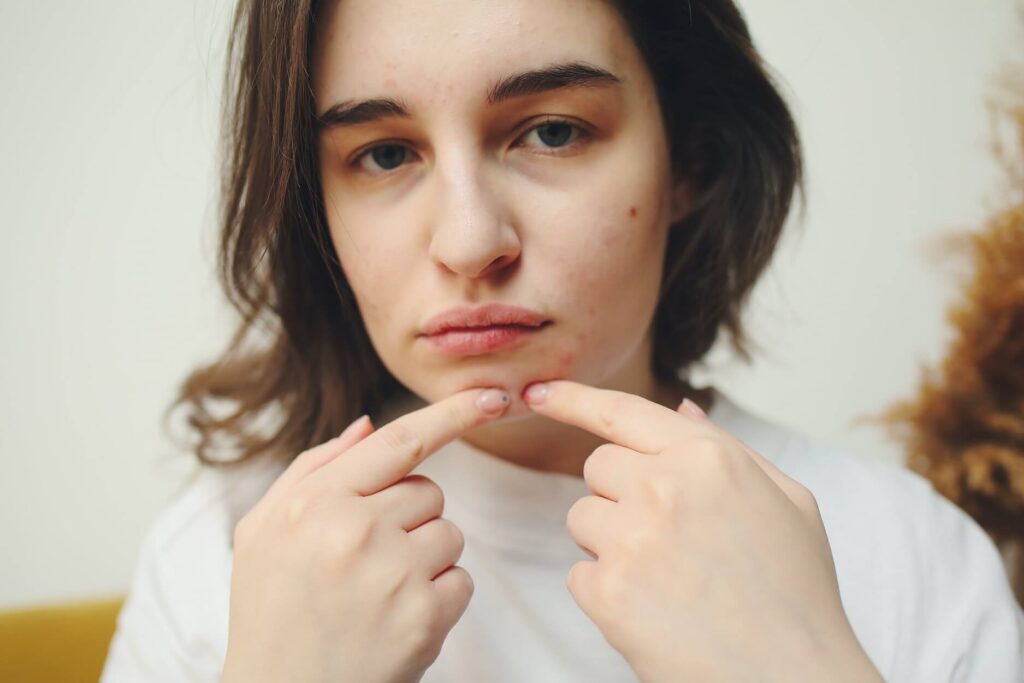
How to use fenugreek seeds?
Fenugreek extracts are ingredients in many common products, such as soaps, teas, cosmetics, garam masala, condiments & imitation maple syrup products. There are numerous ways to make use of fenugreek seeds in daily life.
Possibly Effective use of fenugreek seeds for:
- For Dandruff – topically apply fenugreek seed extract on their scalp or take them as supplements.
- For Diabetes – Fenugreek seeds have a low glycemic index, thus they are an outstanding snack for people suffering from type I or type II diabetes. Simply eat them as sprouts or dry seeds.
- Boosts Metabolism and Maintains Overall Health – intake fenugreek seed water every morning on an empty stomach can normalize metabolism and offer several nutrients and minerals. These seeds can also be ground to a powder form and mixed with other spices to add to meals.
- Add Flavour and Aroma – Fenugreek seeds have a different aroma and flavour, which improve food taste. Consume dry seeds or ground them into a powder and use them in recipes.
- Gastric ulcers – It looks like Fenugreek might be able to help protect your stomach from any stomach issues. The gel portion of the plant may be responsible for its stomach-friendly qualities, and it also has anti-secrecy properties that could help protect you from ulcers.
- Arthritis – Rheumatoid arthritis is a chronic inflammatory disease of the joints that causes joint damage and tissue damage, as well as synovial growth. Fenugreek mucilage can help prevent swelling by inhibiting the action of inflammatory enzymes. By adding fenugreek to your diet, you may be able to help reduce the symptoms of arthritis.
- Liver – Fenugreek seeds Extract may provide defensive benefits against alcohol-induced liver damage. Moreover, they might help protect the liver cells and function from the toxic effects of alcohol.
- Brain disorders – Fenugreek could be a great way to help with neurological issues like Parkinson’s, Alzheimer’s, and even depression. Fenugreek extract works by blocking the enzyme that makes monoamines, so it could help with depression. Plus, its flavonoids could help prevent behavioral issues by helping to regulate how proteins and enzymes work.
- Asthma – Some of studies found that fenugreek extract was effective in treating mild asthma. However, daily use of fenugreek seeds may help evade the symptoms of asthma.
Doses:
Adults have most frequently taken 5–10 grams of fenugreek seed powder daily for up to 3 years. Most frequently, 0.6–1.2 grams of fenugreek seed extract were taken orally each day. You should consult a qualified and professional doctor before taking fenugreek seeds or any herbal supplements.
Safety and side effects:
Fenugreek seeds appears relatively safe for most people. However, if high doses are consumed, few common undesirable effects of fenugreek include:
- Diarrhea
- Indigestion
- The urine, sweat, or breast milk taking on a maple-like odor
- Dizziness
- Headaches
- Reduced appetite
- Effect on blood sugar
- DNA damage, decreased fertility, neurological problems, and an increased risk of miscarriage
- Allergic reactions
- May negatively affect people with hormone-sensitive cancers
A medical professional or a doctor should always be consulted before beginning a new supplement, and also make sure you are taking a safe dose first and foremost.
Conclusion:
If you’re looking for an alternative medicine, Fenugreek is a great option. Because, Fenugreek – An herb with incredible health benefits. It’s a herb that can help you lose weight, reduce hypercholesterolaemia, reduce inflammation, provide antioxidants, fight cancer, and even help with diabetes. Plus, it has been found to boost testosterone and increase milk production in lactating women. You can also consume it in a variety of ways, and it’s easy to make.
Plus, it’s used as both a spice and a medicine, and some cosmetics and soap companies even use it in their products to help with skin and hair. So, if you’re looking to treat a range of health conditions, it’s best to talk to your doctor before starting a supplement or increasing your dietary intake.
FAQ
How to use fenugreek for hair growth?
If you want to use fenugreek to grow hair, start by soaking the seeds overnight. Then, grind the seeds into a paste and apply it to your scalp and hair. Let it sit for about 30 minutes, then wash it off. Fenugreek paste is known to strengthen hair, help with dandruff and promote healthy hair growth.
Can fenugreek help with weight loss?
Fenugreek might help you lose weight, but there’s not a lot of research to back it up. Some studies say it can help you control your appetite and eat less, which could help you manage your weight. But it’s important to look at weight loss from all angles, like eating a healthy diet and exercising regularly, and talk to a doctor before just relying on supplements.
What are the side effects of fenugreek?
Certain individuals may experience gastrointestinal discomfort, including bloating and gas, when consuming fenugreek in moderation. Allergic reactions to fenugreek are rare, but may occur, particularly in those with plant allergies, such as peanut or chickpea. Fenugreek may interact with certain medications and may cause changes in blood glucose levels, so it is recommended that individuals consult a healthcare professional prior to incorporating fenugreek into their routine, particularly if they have pre-existing health conditions or are taking medications.
How to make fenugreek tea and what are its benefits?
Fenugreek seeds can be steeped in hot water for approximately 5-10 minutes to create a fragrant tea. The tea can then be strained and enjoyed. Fenugreek tea has been suggested to have a range of beneficial effects, such as aiding digestion, promoting breast-feeding in nursing mothers, and potentially regulating blood sugar levels. Nevertheless, it is important to consume the tea in moderation and to consult a healthcare professional, particularly if one has underlying health conditions or is pregnant, to ensure that the tea is suitable for the individual.
How to use fenugreek seeds in cooking?
If you want to add some fenugreek to your kitchen, you can toast it in a dry pan and then grind it into a spice. Fenugreek seeds are often used in curries, spice mixes, and pickles to give them a bit of a bitter and nutty flavor. You can also add them to lentils, veggies, and bread and pastries to give them a special flavor.
Is fenugreek safe during pregnancy?
If you’re pregnant, it’s probably a good idea to talk to your doctor before you add fenugreek to your diet. Most pregnant women are okay with it, as long as it’s used in moderation. But it’s important to talk to your healthcare provider if you have any health issues or are worried about it, as it could put you at risk in some situations. Talk to your doctor to make sure you’re getting the right advice for you and your baby.
What are the potential uses of fenugreek in traditional medicine?
Fenugreek is widely used in traditional medicine for a variety of reasons. It is often used to improve digestive health, reduce indigestion symptoms, and treat constipation due to the high fiber content. Fenugreek is also thought to possess anti-inflammatory properties, and has been used in traditional medicine to treat conditions like arthritis and respiratory diseases. However, it is important to note that although fenugreek has been part of traditional remedies for centuries, scientific research is still ongoing to confirm these potential health benefits.
DISCLAIMER:
This article does not address specific conditions, and is only meant to offer general information. It should not be used as a substitute for expert counsel, or support or as the basis for any kind of decision. You wholly bear all risk and responsibility for actions taken in belief on the information included in this article.
Reference Used:
https://www.healthline.com/nutrition/fenugreek
https://www.webmd.com/vitamins/ai/ingredientmono-733/fenugreek
https://pharmeasy.in/blog/ayurveda-uses-benefits-side-effects-of-fenugreek seeds-fenugreek/


